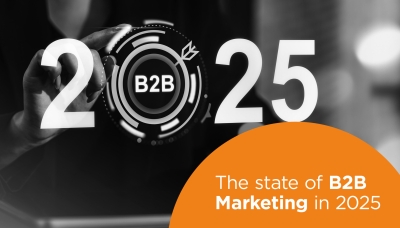Understanding B2B Buyer Behaviour Trends
Businesses must adapt to the evolving B2B buyer behaviour trends as we approach 2025. An essential shift is towards a more informed buyer who conducts extensive research before engaging with a vendor. This change in behaviour means that marketers need to focus on creating valuable content that educates potential buyers throughout their decision-making process. Furthermore, there is a noticeable demand for personalisation; B2B buyers expect experiences specialised to their specific needs and preferences. Companies must utilise AI marketing tools such as Robotic Marketer to deliver personalised campaigns effectively. Highlighting the importance of creating a seamless user experience across all touchpoints cannot be overstressed, as it directly impacts the success of your marketing strategy.
















